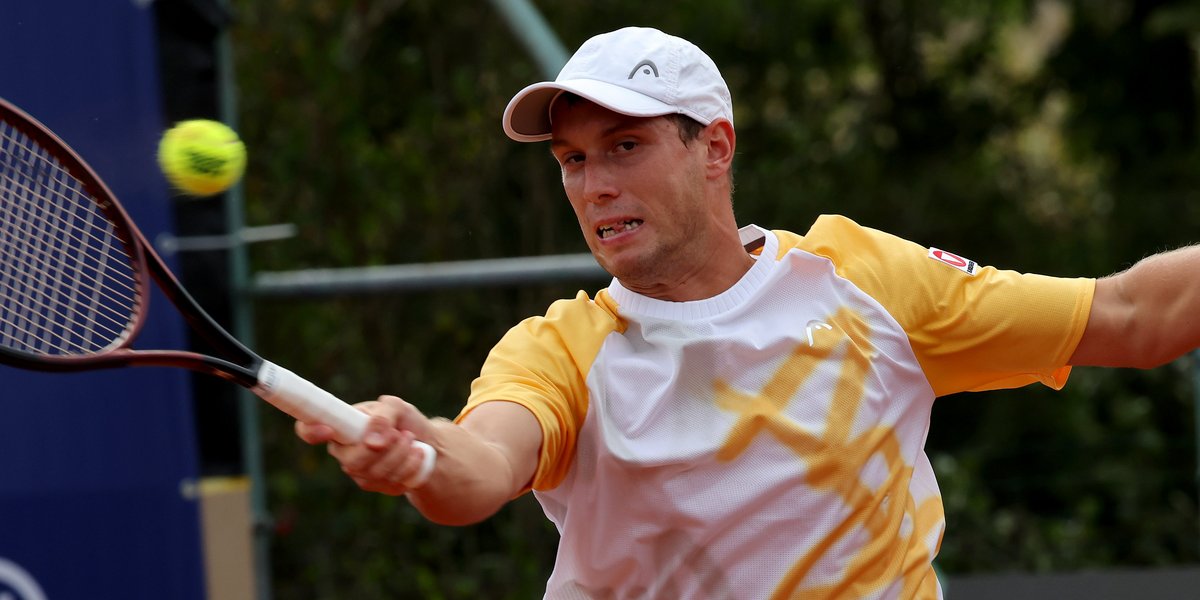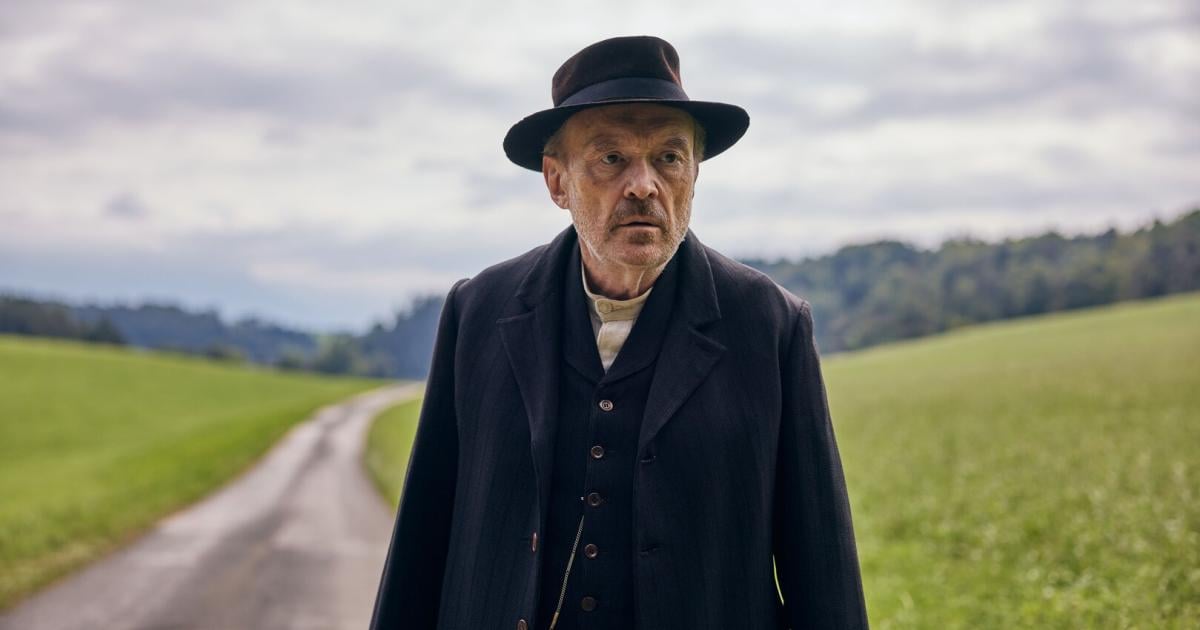In October 2024, BBC London published an interview with Jayzik, a young person working with the Rise.365 community support group....
Russian counterattack in Russia Kursk region It was stopped, according to Ukrainian information. As a spokesman for the Ukrainian regional...
As of September 17, 2024, Vice President Kamala Harris is leading former President Donald Trump by an average of two...
!!They're back!!The party goes on!!Bigger and more exciting than ever! The gym rocked on November 11, 2023 - and we...
When coral reproduces naturally, it releases large numbers of eggs into the surrounding water. During the process of “coral farming,”...
Misulic wins and wants more "Unfortunately, last year I was eliminated here in the quarter-finals, maybe I can top that...
Cosmic superstructure: Astronomers have discovered the longest pair of radio jets in the universe. The giant streams of particles from...
More than 100 former Republican members of Congress and administration officials have joined the campaign. Open Letter (PDF), which is...
There is optimism among families about investment returns. The wealthy are once again hungry for riskier investments, according to a...
With an outstanding cast in front of and behind the camera, it is produced in Bavaria and Salzburg. Two-part TV...











